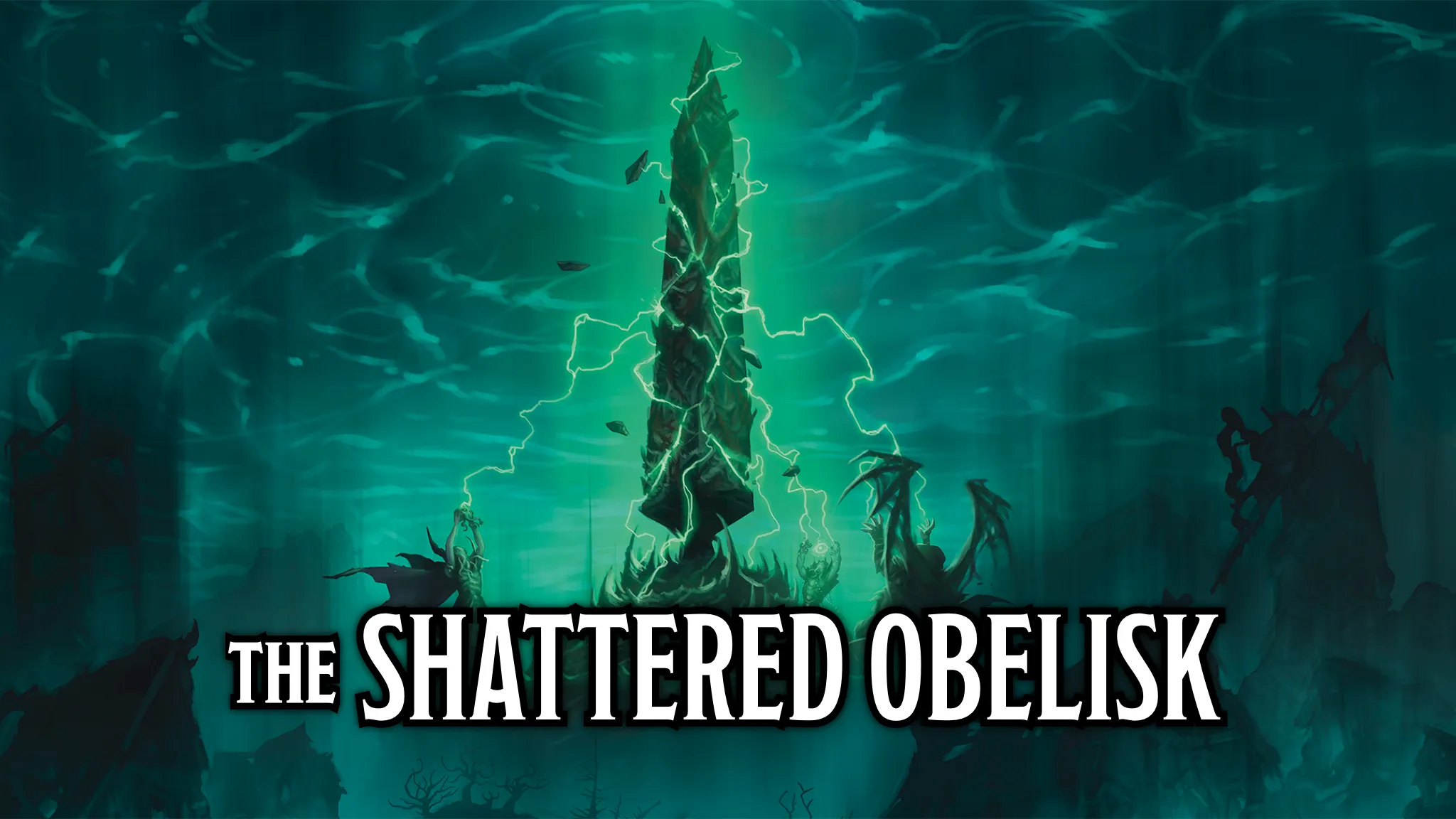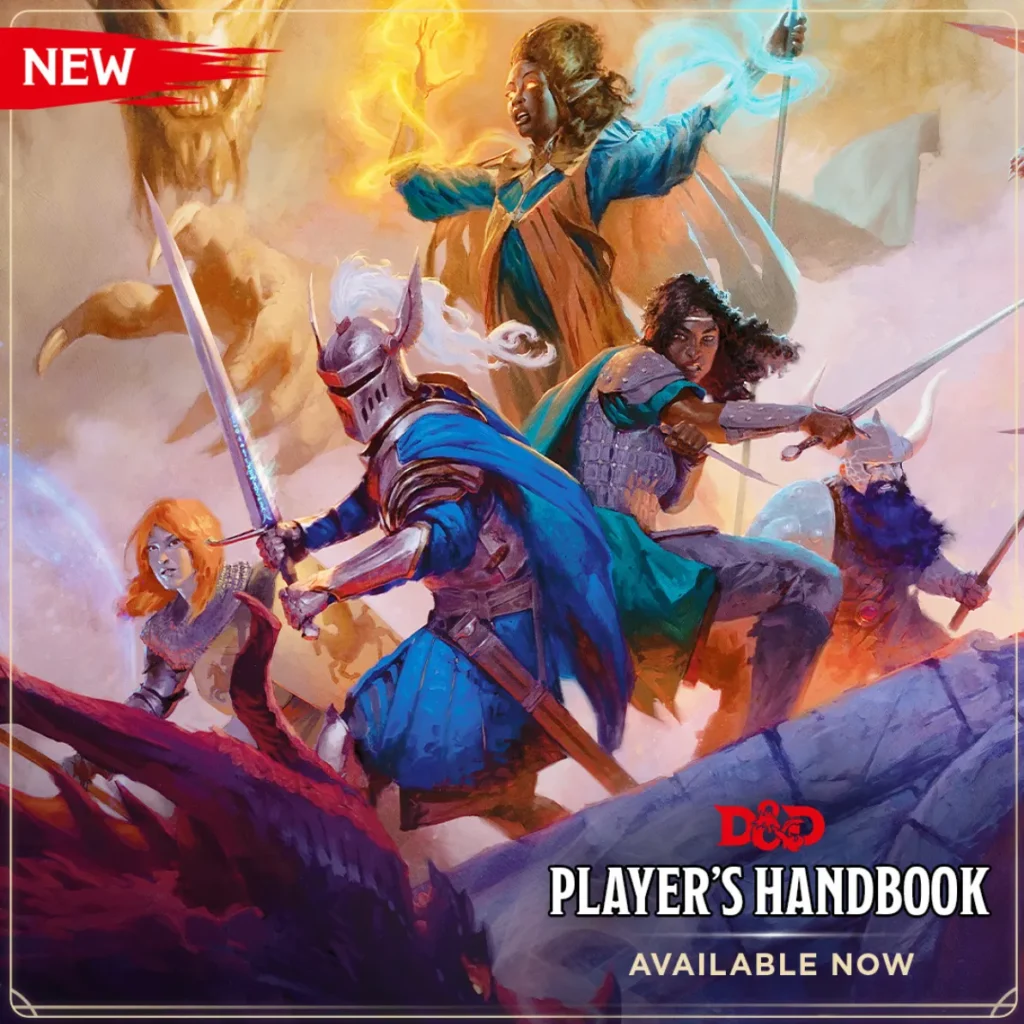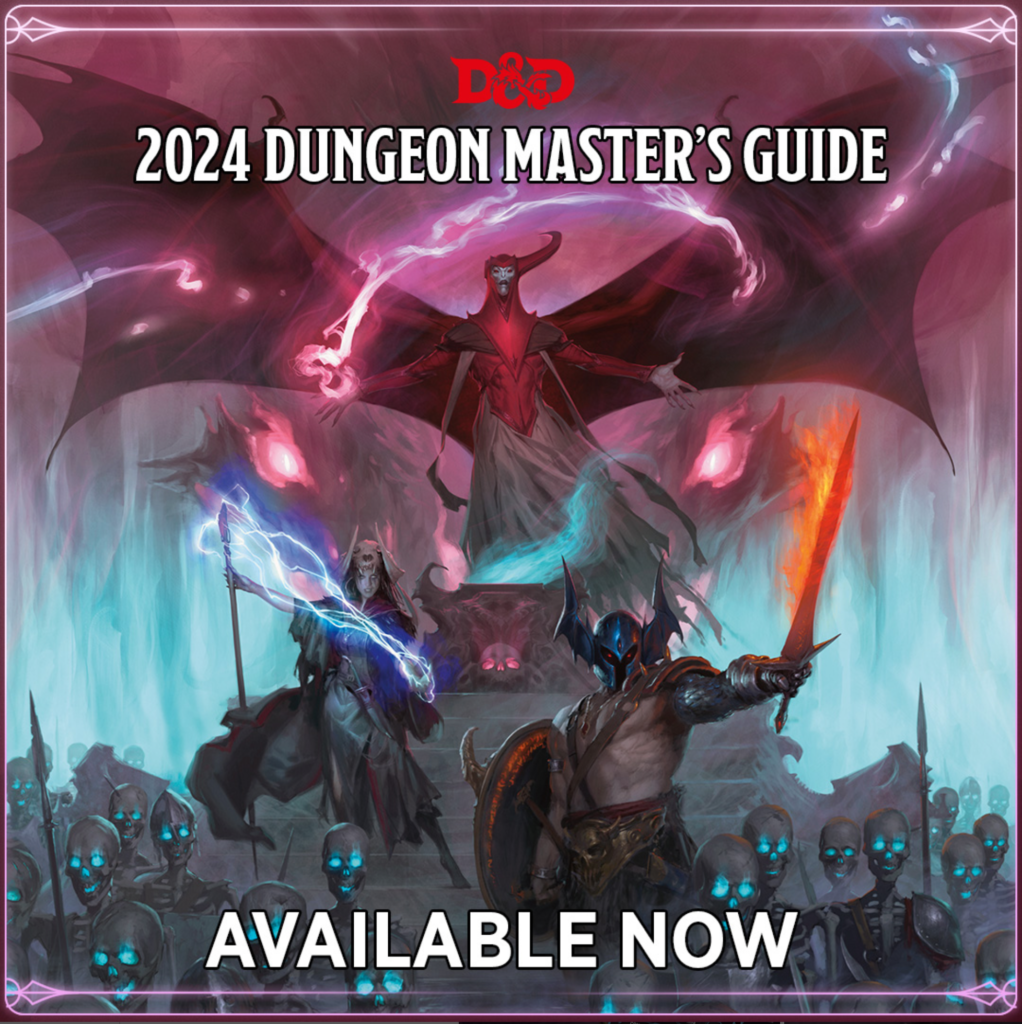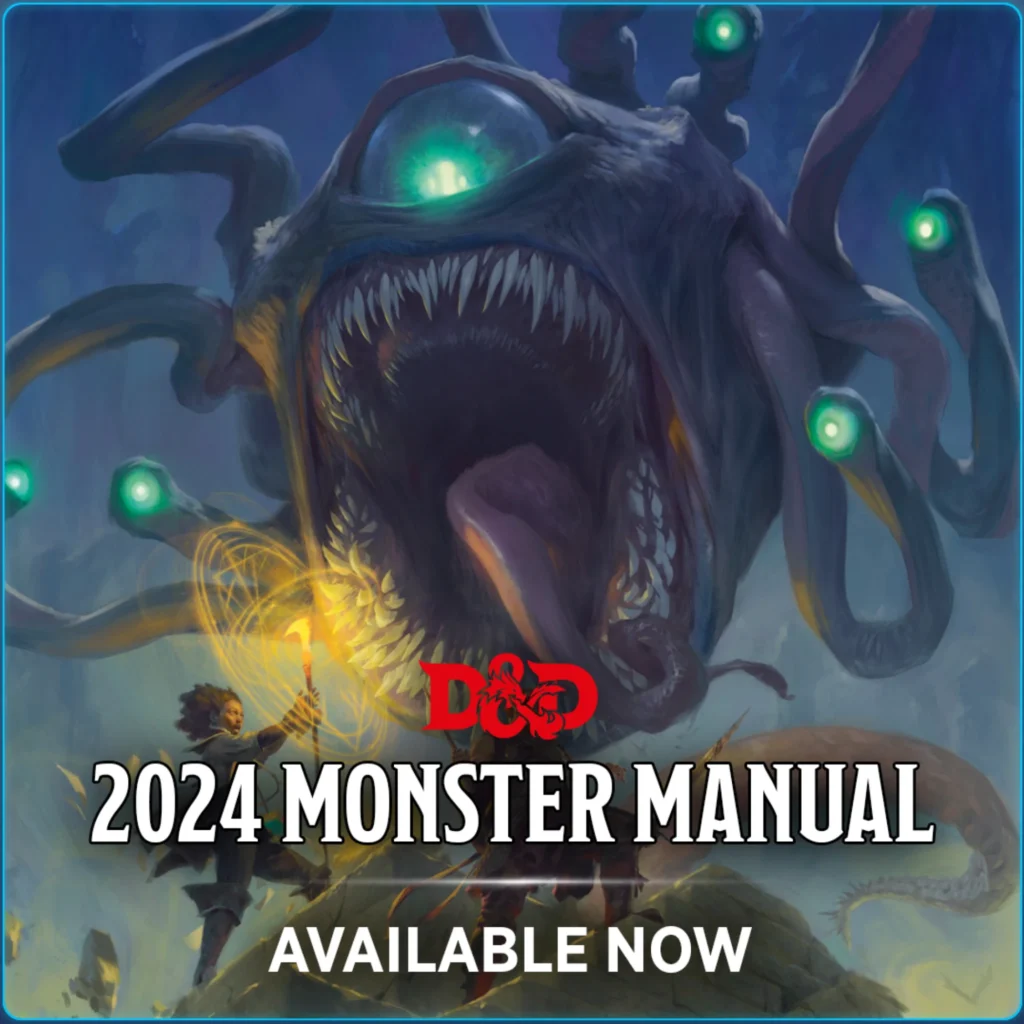Published on March 27, 2025
Written by Bardic Quest
In this post, we’re delving into the mysterious and magical world of the ranger class—a wandering warrior with deep ties to nature. Whether you’re a seasoned Dungeons & Dragons player or just starting out, understanding the lore and mechanics of playing a ranger can elevate your gaming experience. Let’s explore what it means to embody this protector of the wild and stand out at your gaming table.
Unveiling the Ranger: Lore and Identity
First, let’s understand the lore behind rangers. In the world of D&D, they are the vigilant guardians of the wilderness, patrolling deep forests, endless plains, and untamed landscapes. Rangers are adept at stealth and tracking, able to navigate and protect their terrain with a predator-like precision. Their connection to nature is so profound that they draw magical power directly from it, allowing them to fight formidable foes—be it monsters or tyrants threatening the natural world.
According to the 2024 Player’s Handbook, all these characteristics define a ranger and their place in the D&D multiverse. But how does this translate into gameplay mechanics?
Key Ranger Features and Abilities
Whether you’re browsing the Player’s Handbook or D&D Beyond, here’s a quick rundown of what defines a ranger:
- Core Traits: Dexterity and wisdom are your best friends when assigning ability points. Expect a robust hit point die (d10) and proficiency in strength and dexterity saving throws. Choose three skills from Animal Handling, Athletics, Insight, Investigation, Nature, Perception, Stealth, or Survival.
- Equipment and Weapons: Rangers are proficient in simple and martial weapons, trained in light and medium armor, as well as shields. The starting equipment often includes studded leather armor, weapons like a scimitar or longbow, and exploration tools.
- Spellcasting and Combat: Starting at level 1, rangers can cast nature-based spells, swap spells post-rest, and leverage “Hunter’s Mark” twice daily without a spell slot. Notably, features like Deft Explorer enhance your skills and languages, while the Precise Hunter ability at level 17 enhances your targeting skills.
- Progressive Abilities: As you level up, gain benefits like extra attacks, increased movement speed, expertise in specific skills, and more.
Elevating Your Ranger with Roleplay Questions
Once you’re familiar with the ranger’s mechanics, it’s time to breathe life into your character. Here are ten guiding questions to deepen your roleplay:
- What Drives Your Ranger? Are they a guardian of nature, a hunter of monsters, or a wanderer seeking balance between civilization and the wild?
- Learning the Ranger’s Skills: Did a mentor train you, or did you learn through harsh wilderness experience?
- Favored Enemy: Do you have a vendetta against a creature type, or is it a professional duty?
- The Role of Magic: Are your spells gifts from nature, tactical tools, or extensions of survival instincts?
- Interaction with Animals: Are they your allies, spies, or sacred beings deserving protection?
- Tales from Your Gear: Does your equipment tell a story—battle-worn or crafted from nature’s bounty?
- Handling Threats: Do you negotiate, guide, or confront intrusions into your territory?
- Tracking Your Prey: Do footprints, supernatural intuition, or magic aid your pursuit?
- Lessons from Isolation: Has solitude made you wary, resilient, or set in your ways?
- Instincts vs. Analysis: Are you more instinctive or analytical in decision-making? This reflects your alignment and character approach.
Conclusion: Becoming the Ultimate Ranger
By understanding the ranger’s mechanics and enriching your character through thoughtful roleplay, you’ll create unforgettable experiences not just in combat, but in every interaction at the table. And if you’re interested in a printable worksheet to further explore these questions, head over to our Patreon page for a free download.
We hope these insights help you on your journey to mastering the ranger class. Happy roleplaying!






